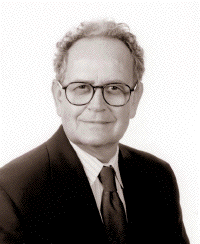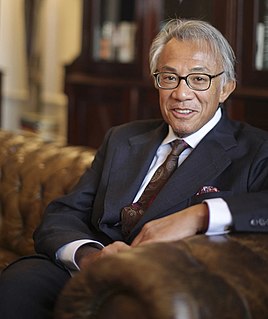A Quote by Harry S. Truman
Give me a one-handed economist! All my economists say, On the one hand on the other.
Related Quotes
You know, the same percentage of people are gay and lesbian as are left-handed. Let's try to figure that out. How can it be that a left-handed person can get married to another left-handed person. Left-handed people can do anything they want. . . . I say, give homosexuals the same rights we give left-handed people.
The bad economist sees only what immediately strikes the eye; the good economist also looks beyond. The bad economist sees only the direct consequences of a proposed course; the good economist looks also at the longer and indirect consequences. The bad economists sees only what the effect of a given policy has been or will be on one particular group; the good economist inquires also what the effect of the policy will be on all groups
Economics, over the years, has become more and more abstract and divorced from events in the real world. Economists, by and large, do not study the workings of the actual economic system. They theorize about it. As Ely Devons, an English economist, once said in a meeting: 'If economists wanted to study the horse, they wouldn't go around and look at horses. They'd sit in their studies and say to themselves, `What would I do if I were a horse?' '
The years of the Great Depression were a superb time for economists because people not knowing what could be done or what should be done would always assume that maybe an economist had the answer. If you were just a lawyer in Washington, you were nobody. But if you were an economist, you might have the answer.
I write with two things in mind. I want to be right with my fellow economists. After all, I've made my life as a professional economist, so I'm careful that my economics is as it should be. But I have long felt that there's no economic proposition that can't be stated in clear, accessible language. So I try to be right with my fellow economists, but I try to have an audience of any interested, intelligent person.
One the one hand, our economists treat human beings as rational actors making choices to maximize their own economic benefit. On the other hand, the same companies that hire those economists also pay for advertising campaigns that use the raw materials of myth and magic to encourage people to act against their own best interests, whether it's a matter of buying overpriced fizzy sugar water or the much more serious matter of continuing to support the unthinking pursuit of business as usual in the teeth of approaching disaster.





























